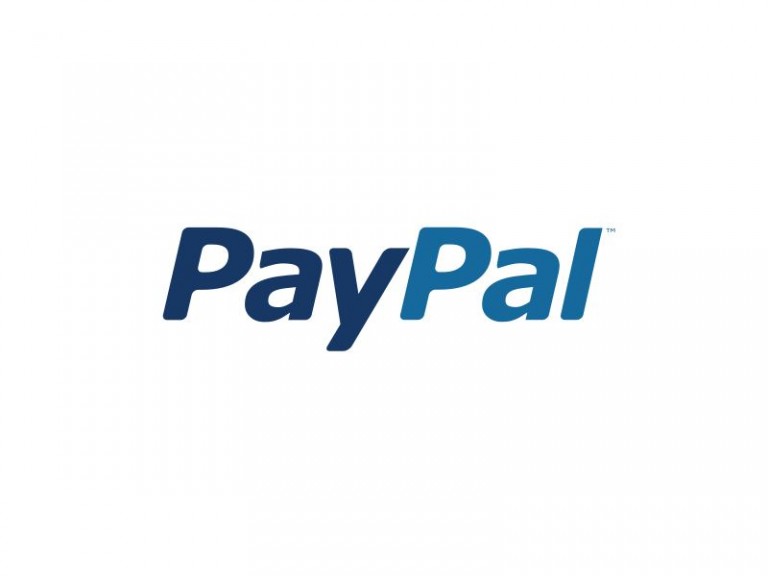
Paypal Holdings Inc (NASDAQ:PYPL) has announced that it will no longer offer purchase protection for crowd funding projects.
The payment company’s decision was fueled by the increasing awareness about risks attached to crowdfunding as it grows. The changes take effect as of June 25 after which the user agreement will be different. These changes mean that users cannot dispute the transaction charges to get back their money in case a campaign is unsuccessful or fails to achieve what was promised.
Some crowdfunded developments never deliver
According to Kickstarter, roughly 9% of all its projects do not reach their intended objective. PayPal deals with some of those funds but either way, there are many potential funds. It might appear like an unfortunate situation for Kickstarter, but that might not be the case. The decision might help prevent the recurrence of recent situations that were frustrating for the company especially with the rising number of projects that fail to deliver.
Reporter Mark Harris was tasked with analyzing the high profile projects that failed to achieve their objective. Two of the projects identified include the Coolest Cooler project whose fund ran out before completion and the Zano drone. The latter is one of the best examples of why the purchase protection service offered by PayPal was problematic. Torquing Group, which created the Zano drone, had already shipped some drones before its failure. The financial backers, however, made their pledges through The Torquing Group’s website and made their payments through PayPal instead of going through Kickstarter.
PayPal has a policy of withholding preorder payments until the delivery of the product is fulfilled. Due to this policy, projects offering pre-orders before delivery found themselves facing pressure to deliver first to customers who did not go through Kickstarter. Those who ordered through Kickstarter were, therefore, disappointed. Kickstarter does not allow payments via PayPal and it also expects those funding the projects to absorb all the risks in failed projects. The new policy will help to avoid such problems in the future by enforcing faster deployment of the project funds. It will also give priority to Kickstarter backers.




